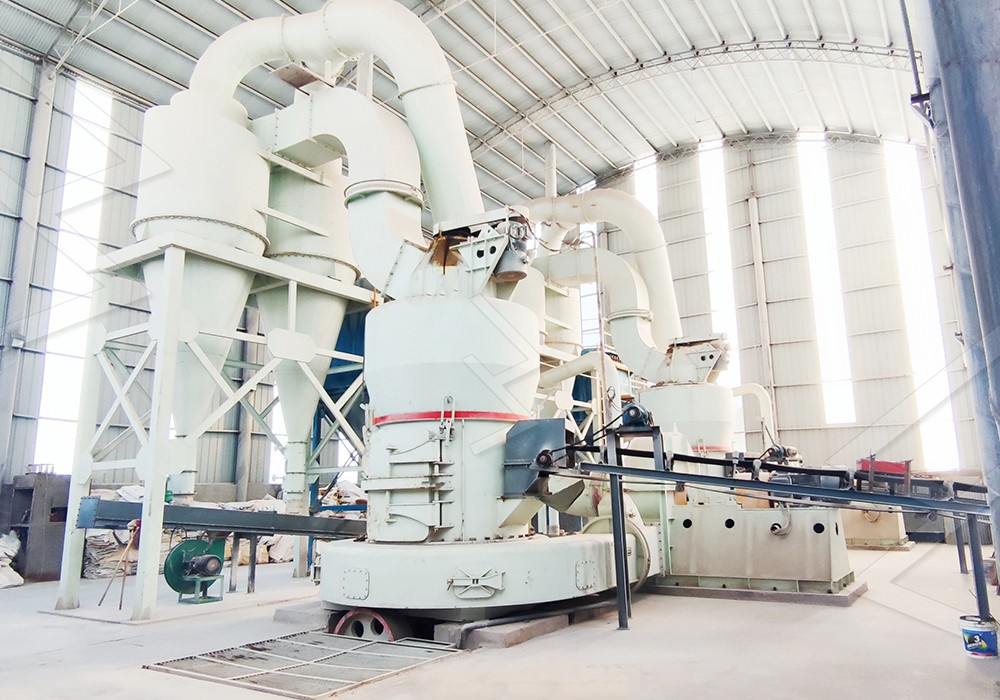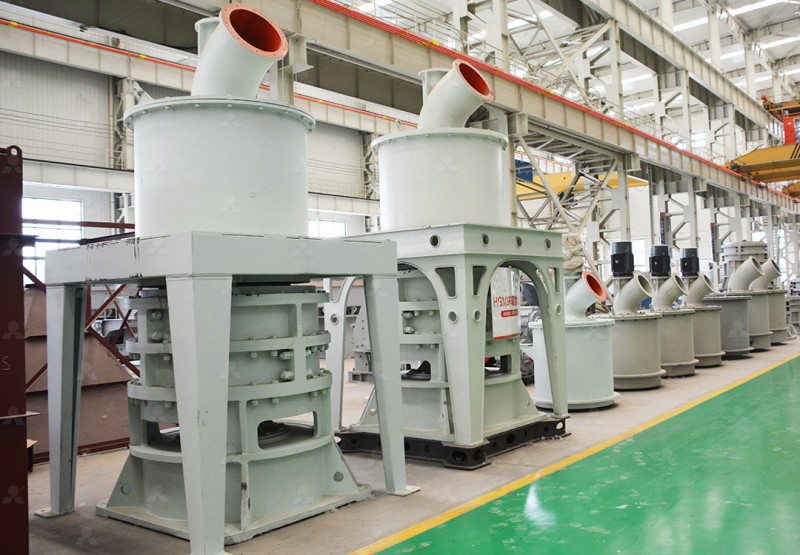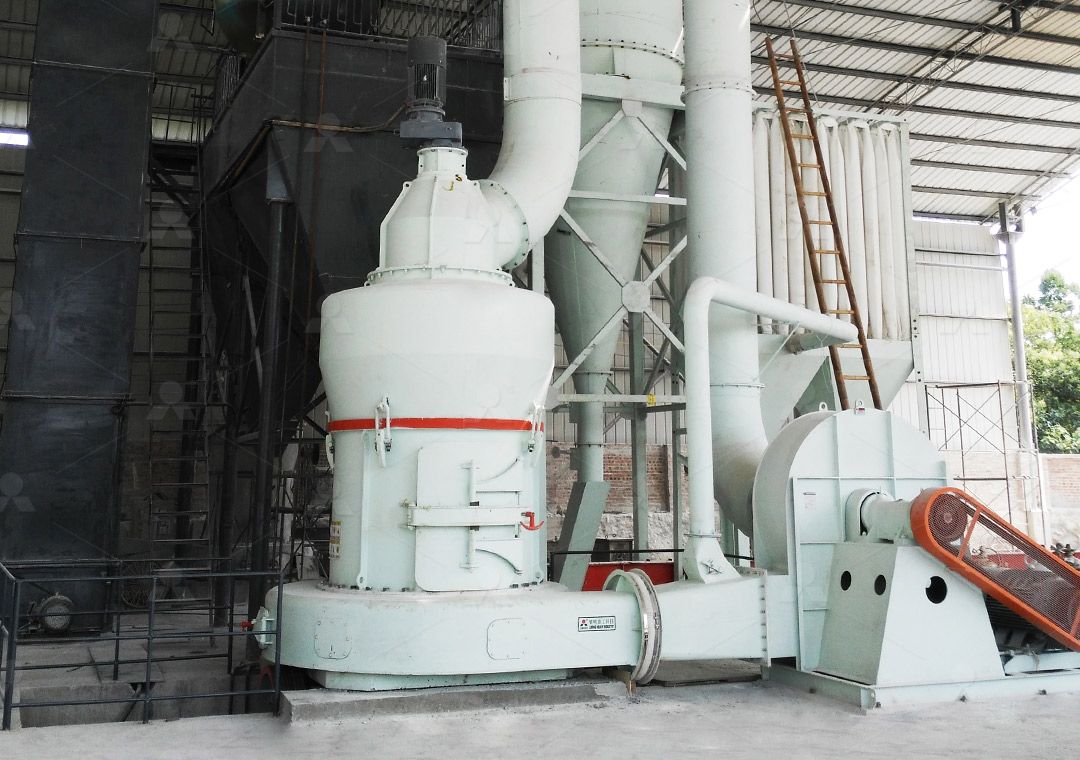Raymond Mill for 100 Mesh Powder Production
We provide a wide range of mills — including Raymond mill, trapezoidal mill, vertical mill, ultrafine mill, and ball mill, obtained ISO9001 international quality certification, EU CE certification, and Customs Union CU-TR certification. Suitable for processing minerals such as limestone, phosphate, quicklime, kaolin, talc, barite, bentonite, calcium carbonate, dolomite, coal, gypsum, clay, carbon black, slag, cement raw materials, cement clinker, and more.
The discharge range of these mills can be adjusted to meet specific processing needs, typically from 80-400 mesh, 600-3250 mesh, and can achieve the finest particle size of up to 6000 mesh(D50).
If you are looking for a reliable grinding solution to turn stone or minerals into fine powder, please feel free to contact our online customer service.
Raymond Mill for 100 Mesh Powder Production
In the world of industrial powder processing, achieving consistent 100-mesh fineness represents a fundamental requirement across numerous applications. For decades, Raymond Mill technology has served as the backbone for medium-fine powder production, offering reliable performance for materials ranging from limestone and calcite to barite and dolomite. The quest for optimal efficiency at this specific fineness level, however, demands careful equipment selection and operational understanding.

Traditional Raymond Mills excel in the 100-mesh range due to their straightforward operating principle: materials are fed into the grinding chamber where grinding rollers oscillate outward against the grinding ring under centrifugal force. The resulting powder is carried by airflow to a classifier, where oversize particles are returned for regrinding while properly sized material proceeds to collection. This mechanical simplicity translates to operational reliability and easier maintenance, making Raymond Mills particularly suitable for operations where 100-mesh represents the primary production target.
Beyond Traditional Raymond Technology
While conventional Raymond Mills effectively produce 100-mesh powder, technological advancements have yielded more sophisticated solutions for operations requiring greater flexibility or enhanced efficiency. For applications demanding occasional production of finer powders or higher throughput capacities, our MW Ultrafine Grinding Mill presents an exceptional alternative. With its adjustable fineness ranging from 325 to 2500 meshes, this equipment can effortlessly handle 100-mesh production while offering capacity for much finer grinding when needed. The MW series achieves 40% higher production capacity compared to jet mills at the same fineness and power consumption, representing a significant efficiency improvement for operations that may eventually diversify their product range.

The MW Ultrafine Grinding Mill incorporates several innovative features that benefit 100-mesh production. Its cage-type powder selector, employing German technology, ensures precise particle separation at target fineness levels. The absence of rolling bearings and screws in the grinding chamber eliminates concerns about bearing damage or loose fasteners causing operational downtime. Furthermore, the integrated pulse dust collector maintains environmentally friendly operation—a consideration increasingly important in modern industrial settings.
Selecting the Right Equipment for Your Needs
When specifically targeting 100-mesh powder production, several factors should guide equipment selection. For operations with consistent 100-mesh requirements and no need for finer capabilities, traditional Raymond Mills offer cost-effective solutions with lower initial investment. However, for facilities anticipating future product diversification or those processing materials with varying hardness characteristics, the MW Ultrafine Grinding Mill provides valuable flexibility without sacrificing efficiency at the 100-mesh level.
The MW series particularly shines in applications requiring exceptional product purity. The elimination of rolling bearings in the grinding chamber prevents lubricant contamination, while the external lubrication system allows for maintenance without production stoppages. For operations running 24/7, this feature alone can justify the equipment selection, as it enables continuous production cycles that would otherwise require regular interruptions for lubrication servicing.

Operational Considerations for Optimal 100-Mesh Production
Regardless of equipment selection, several operational parameters significantly impact 100-mesh production quality and efficiency. Proper feed size control (typically below 20mm for MW series) ensures consistent grinding chamber operation, while maintaining optimal airflow velocity through the system guarantees efficient material transport to the classifier. Regular inspection of grinding elements—rollers and rings—maintains production consistency, as worn components can negatively impact particle size distribution.
The integration of advanced control systems in modern grinding mills like the MW series allows operators to fine-tune parameters precisely for 100-mesh production. Digital interfaces provide real-time monitoring of critical operational data, enabling quick adjustments to maintain target fineness despite variations in feed material characteristics. This level of control, combined with the equipment’s mechanical advantages, delivers consistent 100-mesh powder with minimal operator intervention.
Frequently Asked Questions
What is the typical energy consumption for producing 100-mesh powder with Raymond Mill technology?
Energy consumption varies based on material hardness and specific equipment, but modern Raymond Mills typically consume 30-40% less power than ball mills for equivalent 100-mesh production. The MW Ultrafine Grinding Mill achieves even greater efficiency, using approximately 30% of the energy required by jet milling systems at the same fineness.
Can the same equipment produce both 100-mesh and finer powders?
While traditional Raymond Mills have limited flexibility beyond their design range, the MW Ultrafine Grinding Mill specifically addresses this need with adjustable fineness from 325 to 2500 meshes. This allows operators to produce 100-mesh powder efficiently while maintaining capability for much finer production when required.
How does the absence of rolling bearings in the grinding chamber benefit 100-mesh production?
This design eliminates concerns about bearing failure or lubrication contamination in the product stream. For 100-mesh applications where product purity is critical, this feature ensures consistent quality while reducing maintenance requirements and associated downtime.
What materials are most suitable for 100-mesh production with these milling systems?
Both traditional Raymond Mills and the MW Ultrafine Grinding Mill effectively process non-metallic minerals including limestone, calcite, dolomite, gypsum, talc, and barite at 100-mesh fineness. The MW series additionally handles materials like petroleum coal and marble with high efficiency.
How significant is the environmental advantage of modern grinding systems?
Contemporary designs like the MW Ultrafine Grinding Mill incorporate efficient pulse dust collectors and noise reduction technologies that minimize environmental impact. The completely sealed system operates under negative pressure, preventing dust escape and ensuring compliance with stringent environmental standards.
